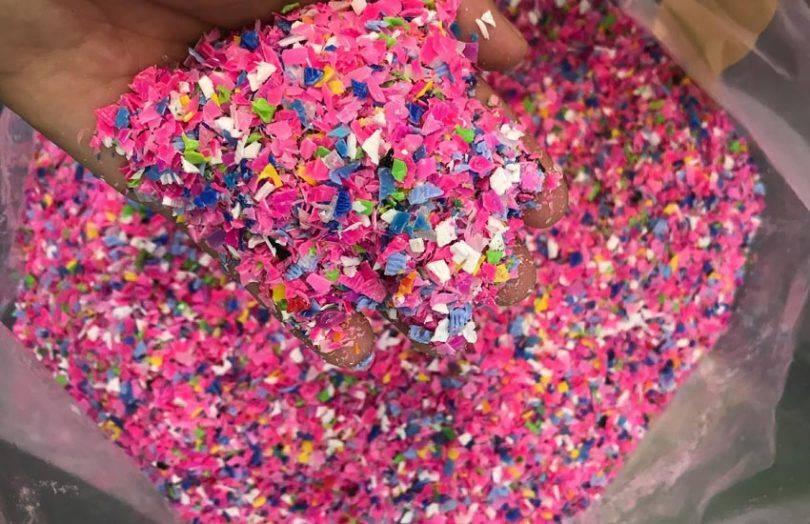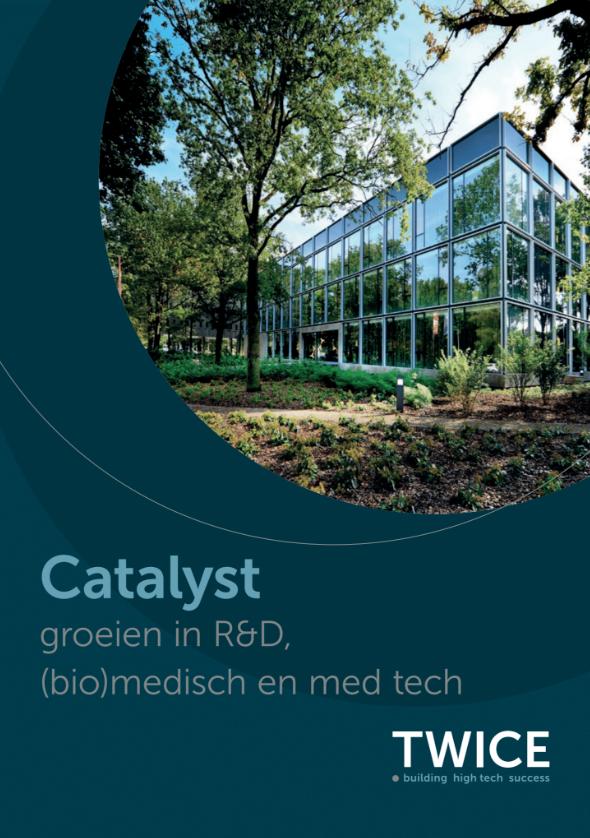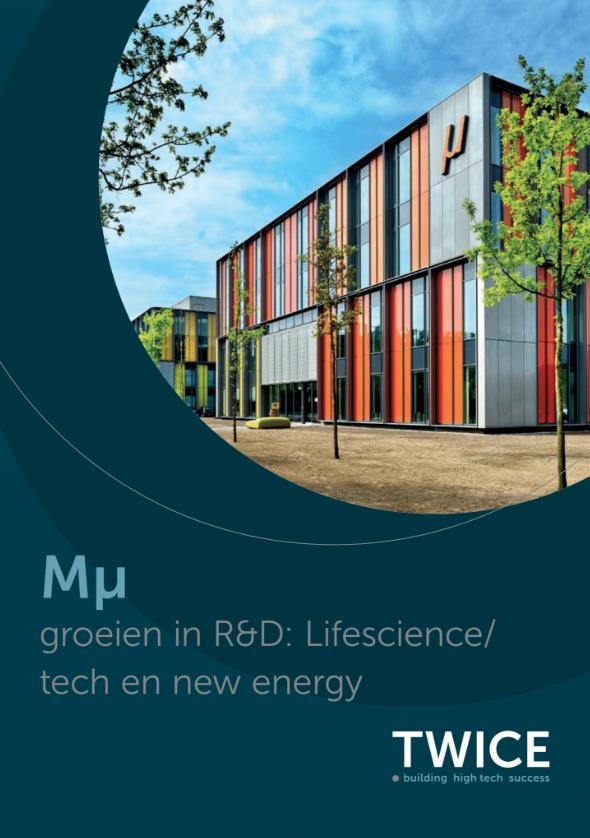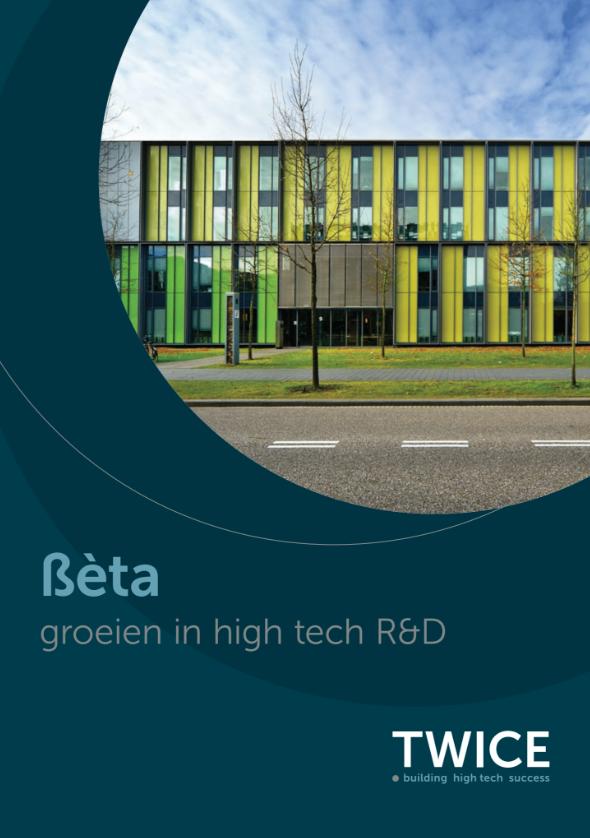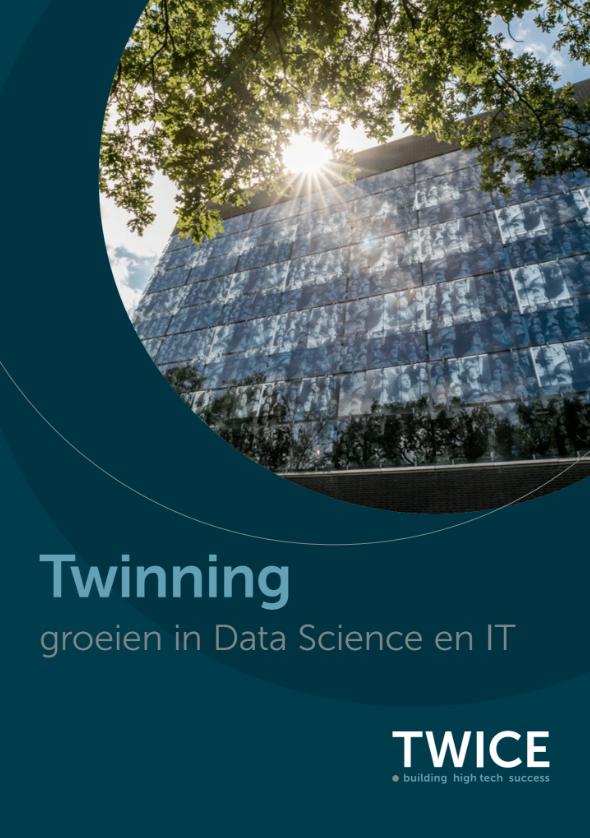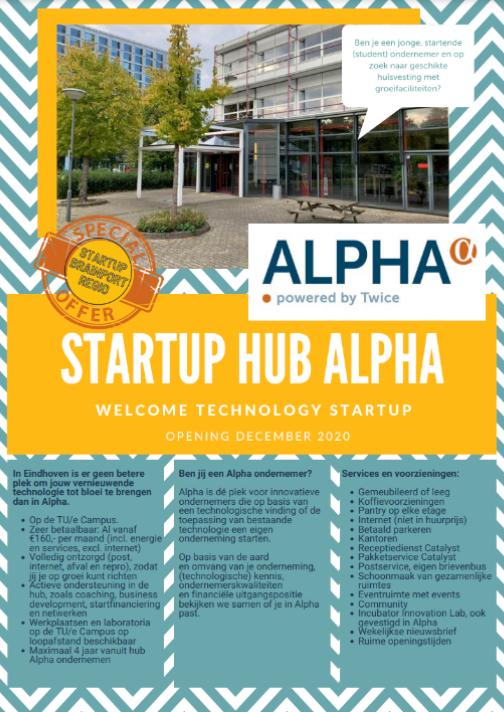Dat blockchain in elke sector relevant is, bleek onlangs. De Nederlandse startup Circularise ontving met haar initiatief 1,5 miljoen euro van de Europese Commissie via Horizon 2020. Circularise ‘volgt’ kunststoffen gedurende de gehele cyclus van ‘hars’ tot ‘eindproduct’. Hierdoor kunnen merken die kunststof verwerken in hun producten de herkomst traceren en de impact op milieu vaststellen. Gegevens die ook van cruciaal belang zijn voor het recycleproces.
Privacy centraal
Circularise bouwt een blockchain protocol voor gegevensuitwisseling, waarbij privacy en het beschermen van gegevens centraal staat. Juist hierdoor wordt samenwerking tussen grote bedrijven mogelijk. Een slimme strategie, want transparantie weerhoudt bedrijven vaak van samenwerking.
Kwik: ja/nee?
De oplossing van Circularise omvat de Smart Questioning technologie, waarmee kan worden nagegaan of een product kwik of een ander materiaal bevat. Met een eenvoudig ja/nee antwoord, controleert die vraag de hele toeleveringsketen. De kunststoffen worden aan de blockchain gekoppeld met behulp van verschillende soorten identificatiemiddelen, zoals QR-codes, RFID’s, NFC, chemische tracers en DNA.
Stimuleren van recycling
Andere voorbeelden van blockchain-toepassingen voor kunststofrecycling zijn BASF en zijn reciChain-pilot. Terwijl Circularise en reciChain dieper ingaan op het kunststofproductieproces, richten andere blockchain-oplossingen zich meer op de eerste fase van het recyclingproces. Dell en dochteronderneming VMware onderzoeken bijvoorbeeld het recyclen van verpakkingsmateriaal. En SC Johnson en Plastic Bank onderzoeken blockchain om het recyclen van plastic door consumenten te stimuleren. IOTA heeft een soortgelijk initiatief.
Traceerbaarheid plastic
We zien dat er steeds meer geld wordt uitgetrokken voor innovaties op het gebied van duurzaam gebruik – in dit geval het gebruik van Blockchain om de traceerbaarheid van plastic gedurende de hele levenscyclus te ondersteunen. Een ontwikkeling die naadloos aansluit op de missie van de bij Twice gevestigde bedrijven Ioniqa en Tusti. En op ons onlangs in samenwerking met Weconomics gestarte leerwerkprogramma van BrainBloC dat bedrijven helpt de digitalisering van hun bedrijfsprocessen te versnellen.
